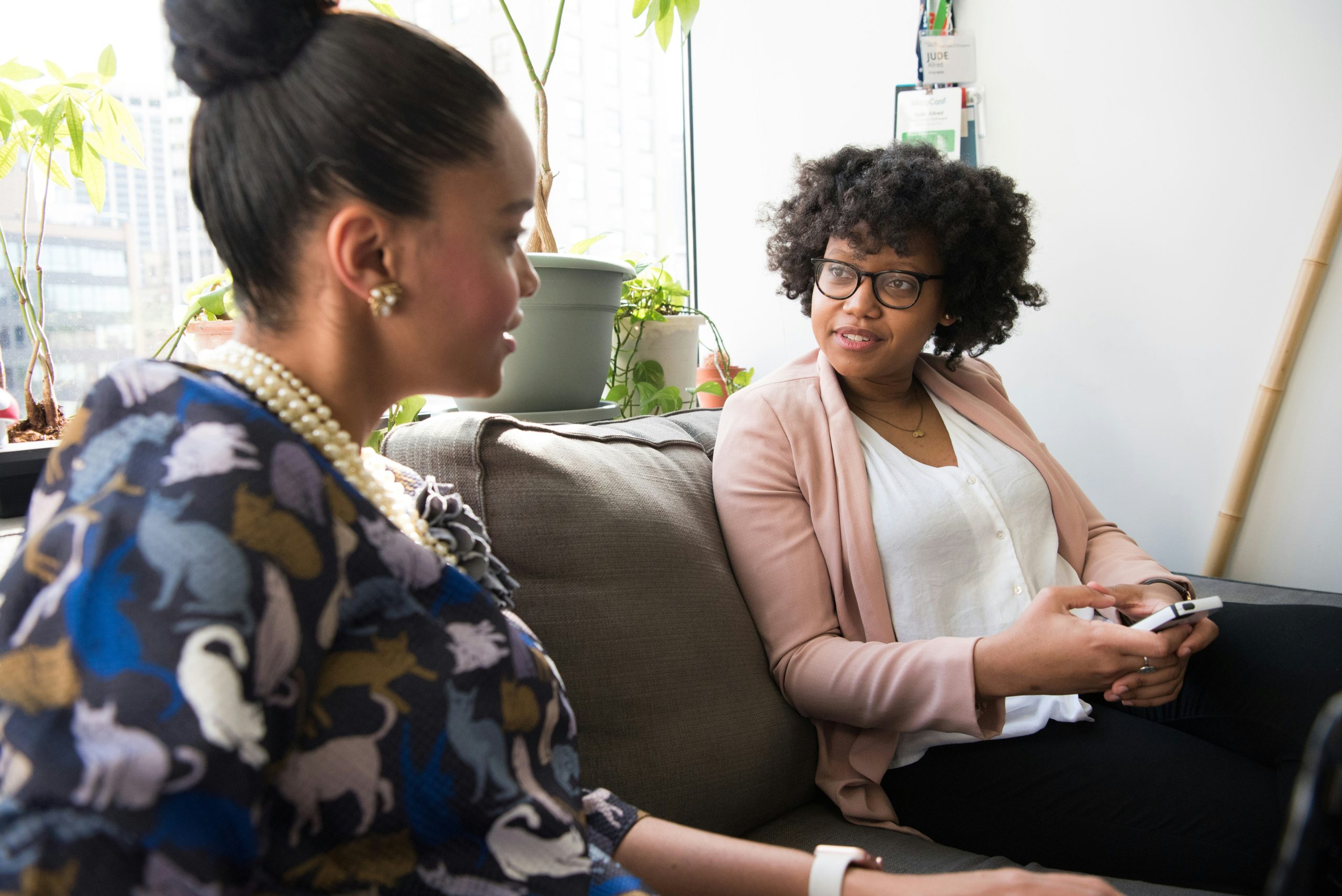Healing from Relational Trauma
Relational Trauma
As a trauma counsellor I work with many different types of trauma. When most people think about trauma they think about physical trauma where harm comes to your body such as with a car accident or war. While these can definitely be considered trauma and traumatic, an often overlooked area of trauma is relational trauma. While this trauma may not create visible scars, born from both familial and romantic relationships, it has the power to shape our perceptions, behaviours, and overall quality of life. If you are reading this post, there’s a high chance that you have experienced deep relational hurts and wounds, and maybe you are wondering what to do about it, or if it can be fixed. In my work with relational trauma I sit with people in their lowest moments of relational hurt, their questions of “why me?” and “I can’t believe they would do this to me” and feelings of betrayal, as well as their feelings of anxiety as they try to start again and trust someone new. While the healing process may feel daunting and never ending, as a counsellor I can assure you that it is possible, and I witness it happen every day. In this post I hope to inform you about the signs of relational wounds, their origins in both familial and romantic contexts, and the paths to healing.

What is Relational Trauma?
Relational trauma encompasses experiences of neglect, abuse, betrayal, and abandonment within the context of interpersonal relationships. It disrupts our sense of safety, security, and trust, leaving lasting wounds that impact our relational patterns and emotional well-being. Whether it originates from familial attachments or hurtful romantic partnerships, relational trauma shapes our attachment styles, coping mechanisms, and perceptions of intimacy.
Signs of Relational Trauma
Recognizing the signs of relational trauma is essential for embarking on the path to healing. Some common indicators include:
- Fear of Abandonment: An intense fear of being abandoned or rejected, stemming from experiences of neglect or inconsistent caregiving in childhood or toxic dynamics in romantic relationships.
- Low Self-Esteem: Feelings of worthlessness, inadequacy, or self-blame resulting from emotional, verbal, or physical abuse within familial or romantic relationships.
- Trust Issues: Difficulty trusting others, skepticism, or hypervigilance in relationships due to past betrayals, manipulation, or gaslighting.
- Dependency or Avoidance: Patterns of dependency on others for validation and security, or avoidance of intimacy altogether to shield oneself from further hurt.
- Emotional Dysregulation: Difficulty regulating emotions, marked by intense mood swings, anxiety, or depression triggered by relational triggers or perceived threats, stemming from unresolved relational trauma.
Relational Trauma from Family of Origin
Attachment trauma or attachment wounds refer to relational trauma originating from your family of origin. These attachment wounds can lay the foundation for relational patterns and coping mechanisms that persist into adulthood in your relationships with your family, romantic partners and friends. Relational trauma from your family of origin can include:
- Parental Neglect or Abuse: Experiences of neglect, abuse, or abandonment by primary caregivers profoundly impact a child’s sense of safety and self-worth, perpetuating relational trauma into adulthood.
- Inconsistent Caregiving: Inconsistency in caregiving, such as erratic availability or emotional responsiveness from parents, disrupts a child’s ability to form secure attachments and regulate emotions effectively.
- Family Dysfunction: Growing up in an environment characterized by dysfunction, conflict, or addiction perpetuates relational trauma, fostering deep-seated wounds that manifest in adult relationships.
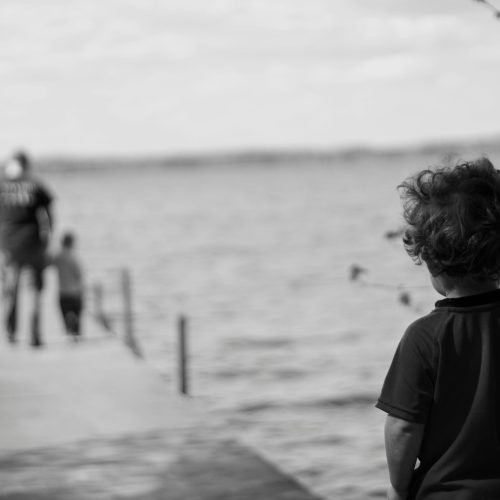

Relational Trauma in Romantic Relationships
Toxic romantic relationships can perpetuate and exacerbate relational trauma, further undermining one’s sense of self and capacity for healthy connection. Some of these behaviours or patterns can cause relational trauma:
- Manipulation and Control: Emotional manipulation, gaslighting, and coercive control erode trust and autonomy, deepening existing relational wounds and fostering dependency.
- Betrayal and Infidelity: Experiences of betrayal, infidelity, or emotional abandonment inflict profound emotional harm, triggering feelings of abandonment and inadequacy rooted in attachment trauma.
- Physical or Sexual Abuse: Enduring physical violence or sexual coercion within a romantic partnership inflicts profound emotional and psychological harm, exacerbating relational trauma and eroding one’s sense of safety and autonomy.
- Repetitive Relationship Patterns: Engaging in repetitive relationship patterns characterized by dysfunction or unavailability perpetuates relational trauma, reinforcing maladaptive coping mechanisms and relational schemas.
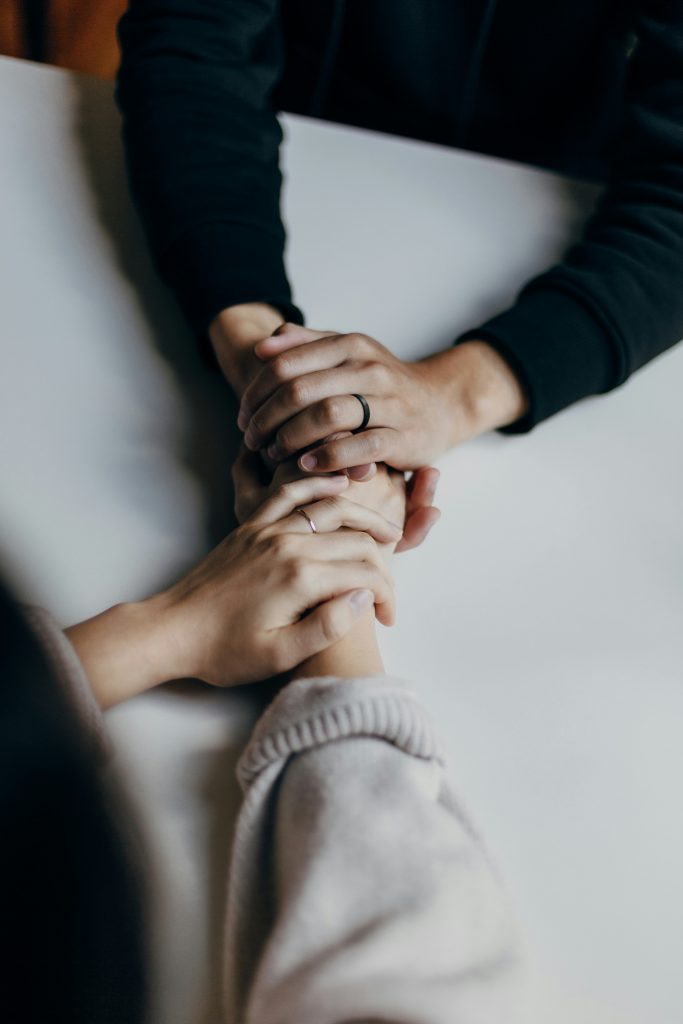
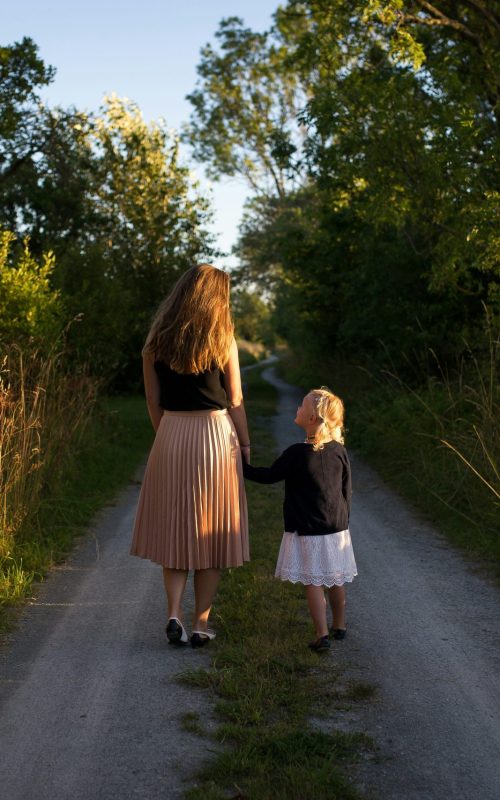
What are my next steps?
We know that it is painful to work through relational trauma, and might even feel impossible to imagine healing from it. Remember, healing is a process, and every step taken toward self-awareness and self-compassion brings us closer to emotional liberation and genuine connection. Relational trauma, whether stemming from family of origin or toxic romantic relationships, leaves deep wounds that require intentional and compassionate healing. By understanding the signs of relational trauma and actively engaging in healing practices, you can start the journey of understanding and healing reclaim your sense of agency and wholeness. If you are interested in speaking with a counsellor on our team, please don’t hesitate to reach out. We would love to support you in your journey.

